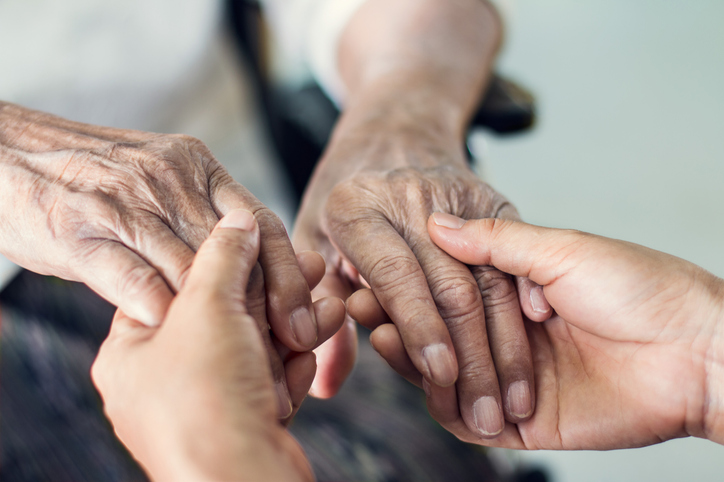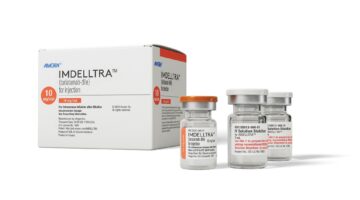A company in Amman, Jordan is developing a smartphone app to help alleviate a tragically common problem — ill-fitting prosthetics. Project X won the incubator 1776’s Challenge Cup in Amman in the healthcare division. The co-founders of the early stage startup talked about their app to simplify prosthesis fittings and their approach to the business in a post on the incubator’s website.
The civil war in Syria has created a great need for prosthetics among the refugee population. Since it’s too dangerous to enter the war zone and it’s costly and time consuming to work with manufacturers to get the right size, an app that can accurately measure people for prosthetics and easily transmit that information seems like a workable solution.
As co-founder Sami Yabroudi points out:

With the Rise of AI, What IP Disputes in Healthcare Are Likely to Emerge?
Munck Wilson Mandala Partner Greg Howison shared his perspective on some of the legal ramifications around AI, IP, connected devices and the data they generate, in response to emailed questions.
“The overall problem that we’re solving with our first product is taking the question of fit out of the equation…Fit is always a huge problem, whether you’re buying clothes or shoes online or even at a store. With prosthetics, fitting is a huge issue. The first time you’ve got to get sized for the prosthetic about three times and each time can be very expensive.”
Here’s how the technology behind its “Anaken” app works. Co-founder Ahmad Sadedden said it takes multiple photos, examines them and identifies key features and ultimately creates a 3-D model.
“Where our core tech excels is we do it fast. It only takes a few minutes to do,” Sadedden said. “Also, we do extract the human body part from it. So you have things like floors, you have your jeans, you have maybe a random object in the images, like a table or a chair. So how do you tell the computer what’s a human residual limb and what’s not? That’s where our core tech goes in and says, ‘This is the human body part.'”
He added: “The cool thing about what we do is, after the technician leaves, they still have a 3-D model to work with. They don’t have to call up the end user. They can use the 3-D model that they have and start doing more measurements with it.”
The company sees applications for the technology beyond prosthetics, particularly for shoes. It wants to use sales from the shoe business to subsidize the prosthetics business.

A Deep-dive Into Specialty Pharma
A specialty drug is a class of prescription medications used to treat complex, chronic or rare medical conditions. Although this classification was originally intended to define the treatment of rare, also termed “orphan” diseases, affecting fewer than 200,000 people in the US, more recently, specialty drugs have emerged as the cornerstone of treatment for chronic and complex diseases such as cancer, autoimmune conditions, diabetes, hepatitis C, and HIV/AIDS.
The competition was part of the 1776 Challenge Cup which is taking place in several cities around the country. In Tel Aviv, for example, Medivizor won the healthcare division. Both companies will travel to 1776’s Washington, D.C. headquarters in May next year to compete in the Challenge Cup finals.












